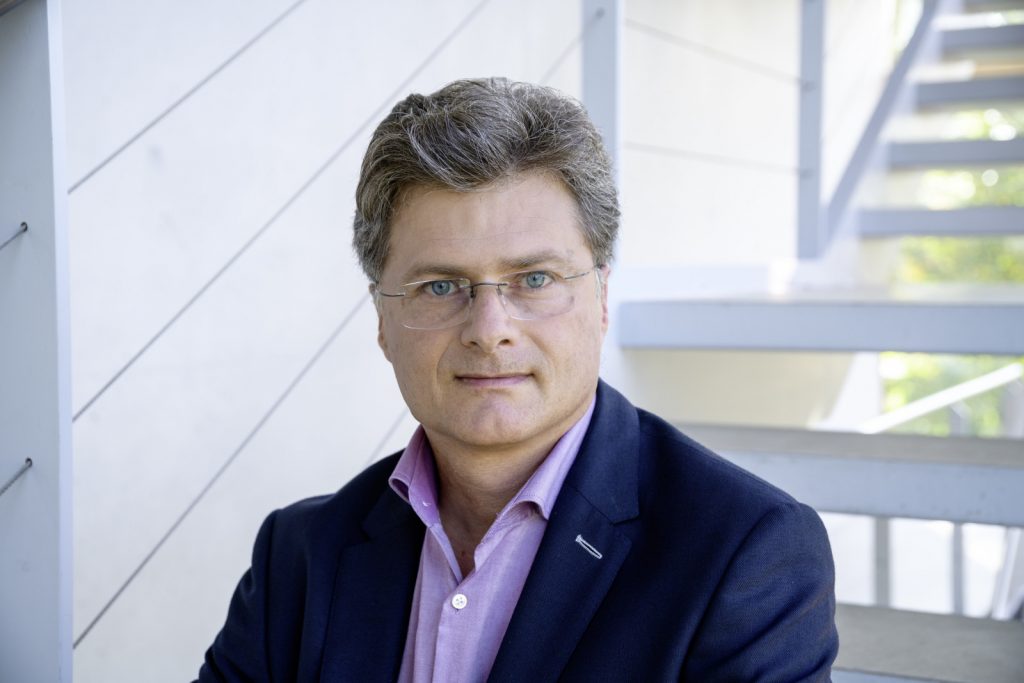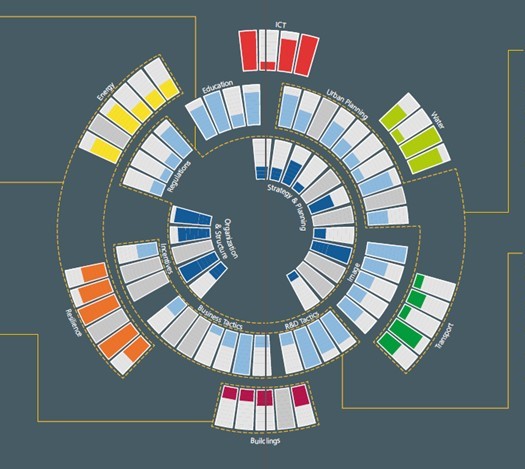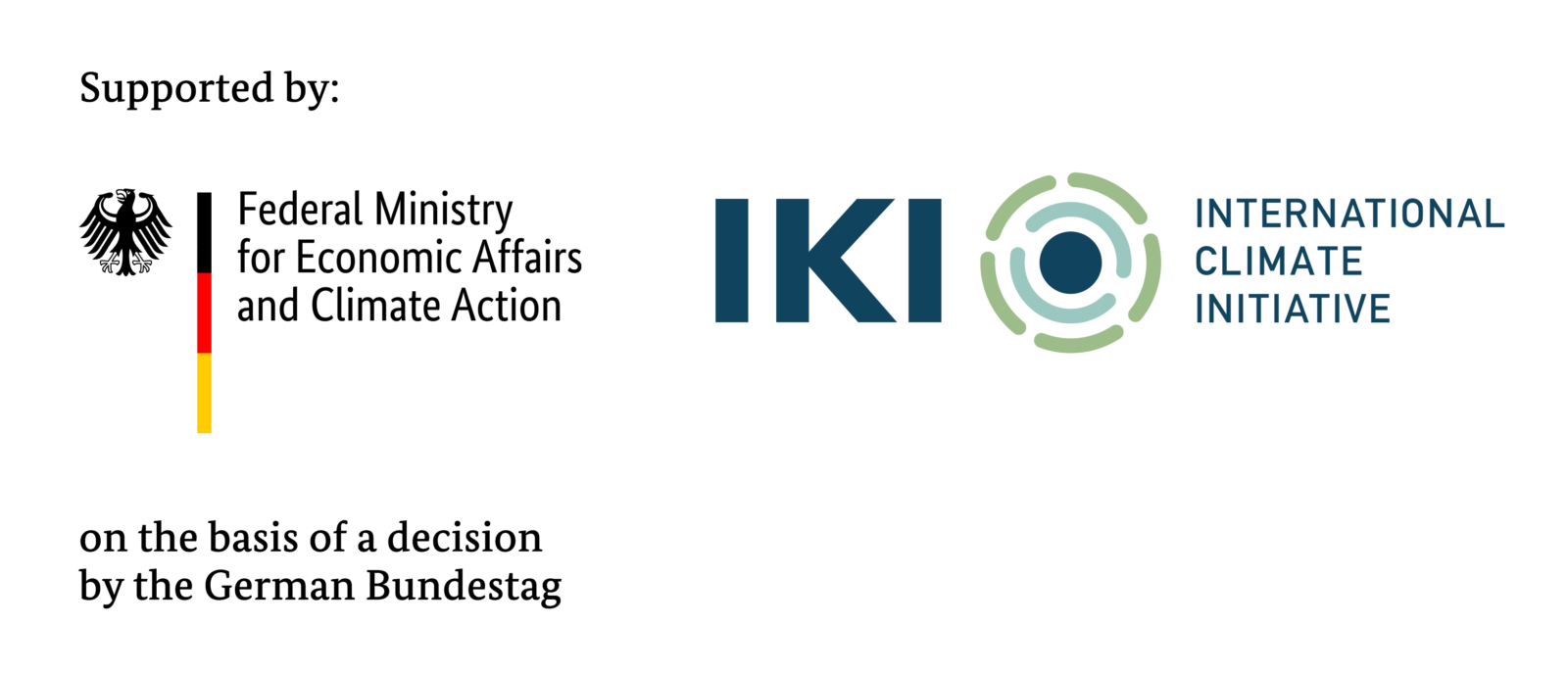City Lab Interview with Project Cordinator Markus Schwegler

MGI Project Coordinator Dr. Markus Schwegler talks about the planning, implementation and challenges of the City Labs in Kochi, Saltillo and Piura.
Q.: What does the planning of a City Lab look like?
A.: The process consists of different phases and takes place on a political, organizational and thematic level. After selecting the partner organizations and determining the expert teams, political partners and key stakeholders are identified and brought on board.
An important step is to adapt the Morgenstadt Framework to local conditions and to collect data for the indicator systems. Once the individual sectors for the pilot projects have been identified, the data analysis is carried out, based on which the city’s sustainability profile is established. The further development of the project ideas will then take place at high level meetings at political and expert level.
Q.: Are there major differences between the individual cities in the planning and implementation of the City Labs?
A.: The City Lab in Kochi has already been implemented, while the City Labs in Saltillo and Piura are still in the planning phase. Since our approach is based on the Morgenstadt Framework, it will be very similar in all three cities.
However, the political and socio-economic conditions and the level of development of the individual cities vary considerably, which will of course have an impact on the practical implementation. This could affect, among other things, the availability of data, access to resources and cooperation with key stakeholders, institutions and organizations.
Q.: What are the main challenges in implementing a City Lab?
A.: We see major challenges in data acquisition and data collection. Current and valid data are an essential prerequisite for the creation of a sustainability profile of our partner cities. This is a result of the close cooperation with our local partners and experts. Furthermore, we see a big challenge in the integration of the City Lab process into local policy-making.
Q.: What results can be expected from a City Lab?
A.: The results of a City Lab essentially comprise:
- A detailed analysis of selected sectors regarding opportunities and risks for sustainable urban development and improved adaptation to the effects of climate change

- -Comprehensive sustainability profiles of our partner cities, adapted to the local conditions of the respective country
- Identification of key stakeholders and dialogue processes to integrate the City Lab process into local policy making
- Development of project ideas including financing options in the sectors examined
- Implementation strategy (pilot projects, roadmap) including presentation of possibilities for project financing.
- capacity building and knowledge management within and between the partner cities
- Networks, expert dialogues and international high level meetings
Q.: In which way does the City Lab approach within the framework of MGI differ from the previous application of the Morgenstadt Framework?
So far, the implementation of the City Labs has taken place in cities in Europe. Within the framework of MGI, the approach is implemented in cities of the Global South for the first time.
As these cities have a different stage of development on many levels, we expect corresponding differences in implementation and results. It has already become apparent that essential data for the determination of the indicators are not, or only incompletely, available, which has corresponding implications for the presentation of the sustainability profile.
The impacts of climate change and the associated climate risks are often more extreme in the cities of the Global South, while existing strategies and mechanisms to increase resilience are less prominent. One example is institutions responsible for climate protection and sustainable urban development that promote these issues in cities or are responsible for implementing national policies.
While in the City Labs carried out so far innovations and technical solutions on a high level have played a greater role, in the countries of the South basic functions such as clean and available drinking water, available housing and reliable energy supply must also be considered.

